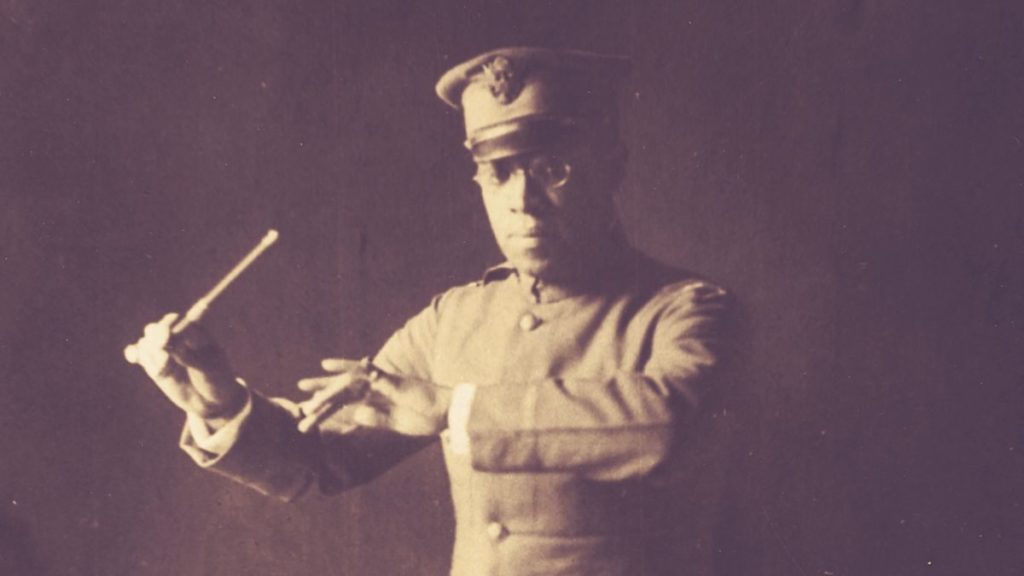We recently had the opportunity to talk with singer/songwriter/musician Madeleine Peyroux ahead of her appearance at the Keswick Theatre, next Thursday, September 16th, where she will be sharing the bill with Joan Osbourne. Besides gaining insight about Madeleine and her career, we also got a history lesson on how American Jazz made its way into Europe during the first World War. It’s not every day you can say you got a primer in the history of American music from a gold record winning artist. We were pleased.
GL: Thank you for taking the time to talk to me today about your upcoming appearance at the Keswick (Tuesday, September 14th. Tickets), I really appreciate it.
MP: My pleasure, because I’ve played at the Keswick a number of times over the years. I’ve had a very warm special relationship in my heart with the Keswick Theatre because of Philadelphia; the Keswick and the Tin Angel, which was a little club that I played at as well and the radio station has had me a number of times since before they had that big, beautiful studio where they have all these live performances now. For me it goes back to 1995…not the Keswick but just the entire area.
I think the New Orleans nexus of all these different styles of music just speaks for itself.
GL: Your backstory sounds like a novel…singing on the streets of Paris as a teenager. Can you talk about that a little bit? That must have been unreal to have been doing that.
MP: I didn’t plan it. I’m not the orchestrator of my own fate in this particular case. I did meet people who did that [planned it]. For example, there was a guy named Billy Collins – a tall, red-haired, Irish dude from the Bronx who walked around with a big, thin, hallow-bodied Gretsch (guitar), and a battery powered amp and he could play all these jazz standards that I grew up hearing in my home in Brooklyn, New York.
So, I was from New York, my father was from New Orleans, my mother was from New York and the south, and I grew up hearing music inside the home that I didn’t hear anywhere else when I was growing up. That included Fats Waller, early Louis Armstrong, some Blues, some Hank Williams, Western Swing, Bo Diddly. I think the New Orleans nexus of all these different styles of music just speaks for itself. It brings together so much American music before you even get into the culture of New Orleans, and I grew up hearing this stuff.
I ended up moving to Paris because my mother got a job there and she always wanted to live there. She was a French language teacher originally but to keep us alive she had a job at a bank on Wall Street as a secretary. And within about 8 to10 years of working at that bank she had been promoted and they found out she could speak all these languages and she had a great talent for selling the bank. The bank had a Paris office and they asked her if she’d like to work in Paris and by the time she retired, she became head of the bank in France. She just worked so hard, and my dad was not working, and they were divorcing…and all of the sudden we moved to France.
I was a teenager with a love of music and playing music, I just started playing guitar, and I find myself in this country where I don’t speak the language and I wasn’t even really in Paris at first; I was in the suburbs which was a little bit depressing. Coming from Brooklyn where you could walk around and see people and now in this area everything closes. They close for lunch for three hours, then they close at about 5PM. There were only two stores in the neighborhood…it was a very different place to be…and I think I’m going on too long!
GL: I’m just riveted
MP: I didn’t even get to the street musician part, did I? I kind of mixed that up with too much detail.
GL: It all sounds so romantic to me, you have a musical background, and then you take that musical background to a place where you don’t know the language, but you speak the language of music and through that you took off…am I reading that correctly?
MP: Yeah, and I was also weaving in the story of American music and meeting Americans over there. The fact that American Jazz, early Jazz was somehow more well-known over there…and it’s only been recently, in the last few months that I discovered the story of where that started with World War I.
Black American troops from Harlem were volunteering and there was a huge movement where all these black Americans wanted to join the army and go to war, as a way to make a statement about their American citizenship and their American equity and their worth and value to the country. They would go to New York City to volunteer because integration wasn’t common for other areas in the country. So, this Harlem troop was mostly black Americans and one of them was a band leader named Jim Europe, of all things. He was one of the big band leaders of the turn of the century playing early Jazz with bands in New York before the War. When the Army learned this, they wanted him to be the Army band leader. Then they sent them over to Europe, but they didn’t let black soldiers fight because the American Army didn’t believe in giving weapons to black Americans. They [black soldiers] ended up doing things like digging ditches. When Jim Europe saw this, he got a band together and they walked around these little farm villages in Brittany playing Jazz in the streets the way people did in New Orleans. Nobody had ever heard this music before! Eventually, they apparently went off and fought and they all got medals because they were there for some of the longest stretches of any American solider.

GL: I’m a History Buff so this is all great information for me.
MP: It’s so fascinating.
GL: I wanted to shift gears here and talk about your album Careless Love. You released it originally in 2004 and it went gold and now you’ve revisited it, reissuing it as a deluxe edition with a live performance. What makes this your seminal album?
I think Careless Love was the first time I found a way to explore my central point.
MP: I know what makes it important to me in my musical language and I just finally put it into words in the interview before this one. The idea of dream language and the idea of being able to manage your sense of reality – the sense of dream reality and your sense of waking reality I think ties into my relationship with music…a lot. And this record started with the producer Larry Klein having a concept of melding musical Impressionism with the styles of music I’d already been playing. He somehow managed all these different textures and styles of music and quilted it together.
There was always a little bit of so many influences and I hadn’t found a way to do that that made sense. My first record, Dreamland, was actually a mixture of two different recording sessions with different bands and a different approach so I was still looking for the sound and I think Careless Love was the first time I found a way to explore my central point.
GL: You’ve collaborated with a lot of heavy hitters; Larry Klein, John Lithgow, Walter Becker… is there anybody specific collaboration or experience that sticks out in your mind the most?
The first thing that came to mind was somebody that influenced me, and we sang together on stage, but it wasn’t like we recorded or anything. Odetta. I met her in a recording studio where we were both guest singers on a Blues record by Pinetop Perkins. She was just finished her vocals and was about to leave when I showed up and she stayed and stood at the window in the control room and when I looked up, she was standing there with her arms big and wide, and she was conducting me and smiling at me and it became a really important time in my life. Then we shared the bill several times around the New York region and then we sang Careless Love together on stage. She got sick before we could get into the studio together. It just changed my life because she was so generous and so supportive and encouraging. Basically, she gave me one message: “Just sing your soul”.
GL: I read a lot about a lot of articles written about you online and the one note that keeps getting repeated is your comparison to Billie Holiday. How does it feel for you to be mentioned in such lofty company?
It’s a compliment and it’s also just what it is. I just do… I listened to her and imitated her for a really long time when I was learning to sing these songs and so it’s a part of me.
—–
You can see Madeleine Peyroux at the Keswick Theater on Thursday, September 16th. She’s appearing with Joan Osbourne. For more information or for tickets, go to KeswickTheatre.com.
Other Notes:
Joan Osbourne, who will also be performing at the Keswick that evening, has a connection to our area. Her huge breakout hit, One of Us, was written by Eric Bazilian of the famed Philadelphia band, the Hooters.
Photo Courtesy of Andrew McNaughton
Interview edited for clarity and conciseness

